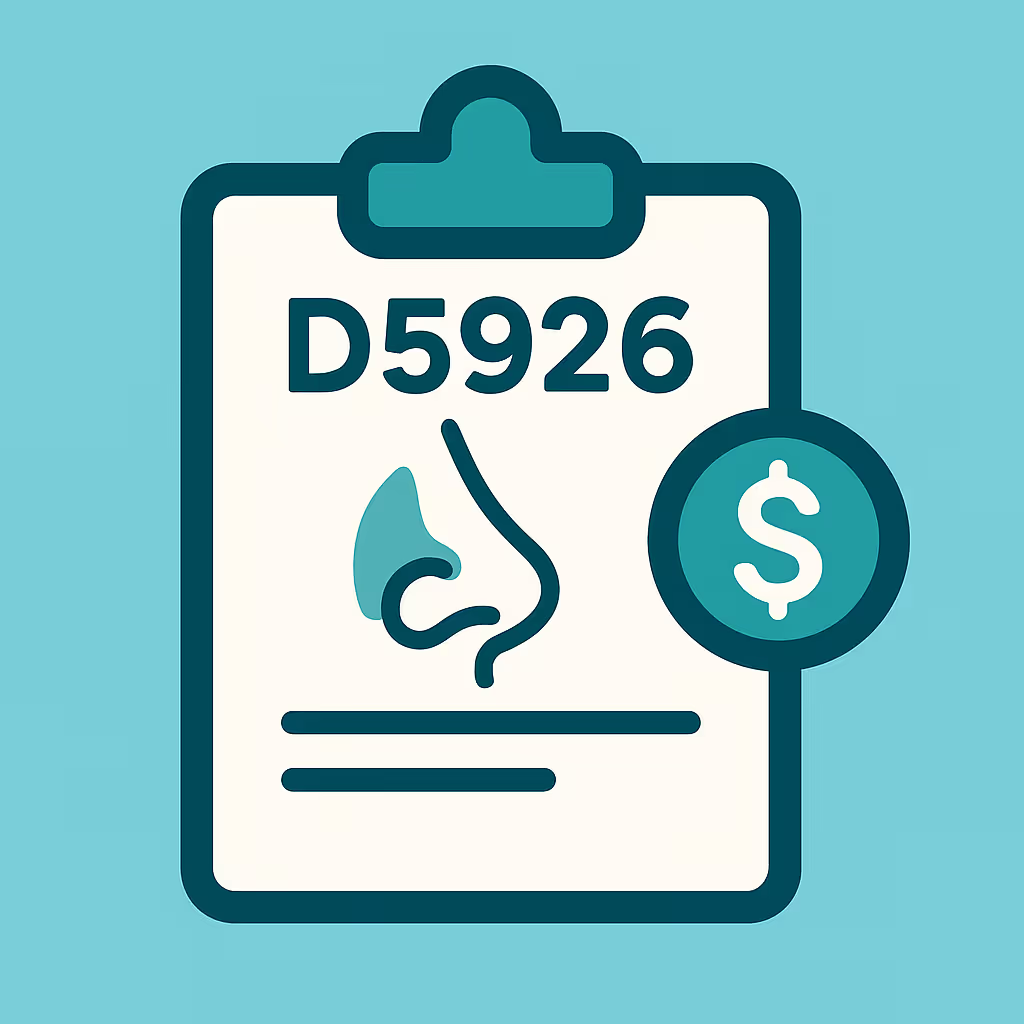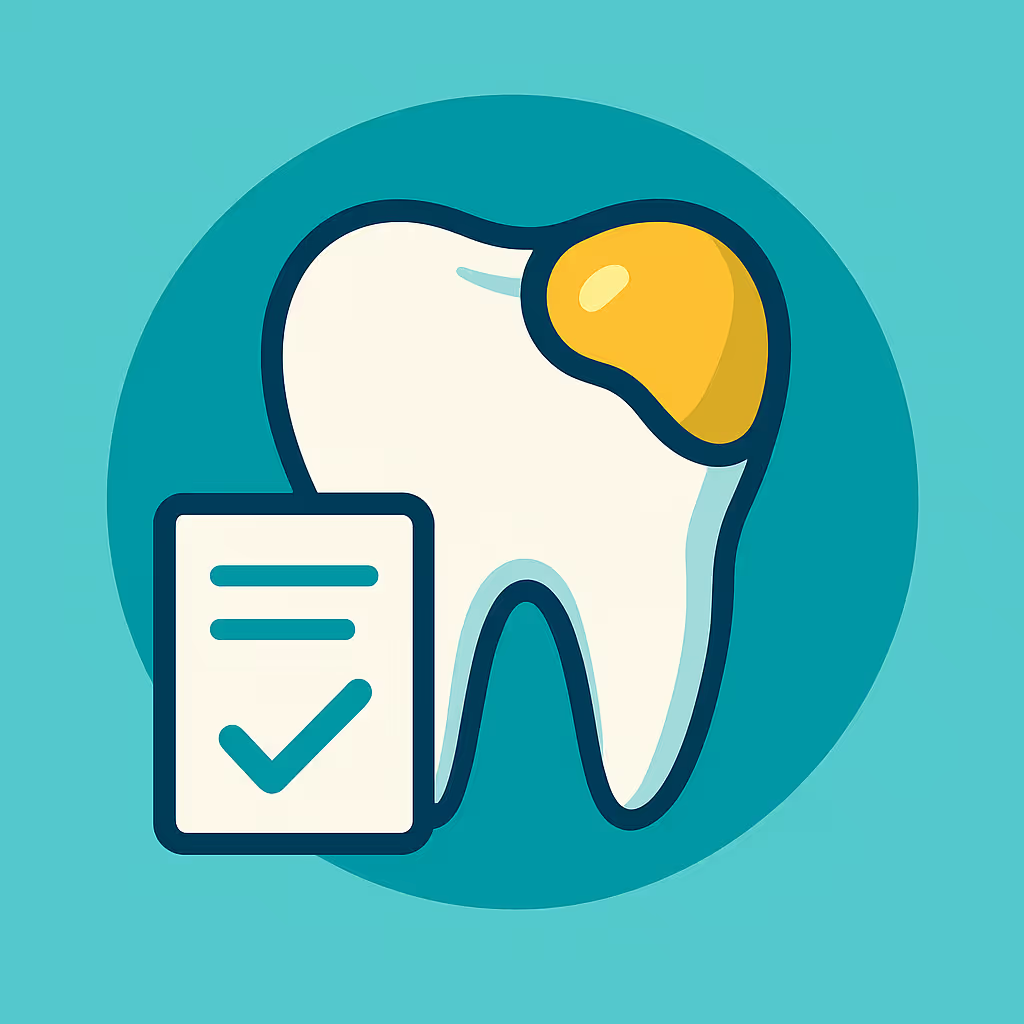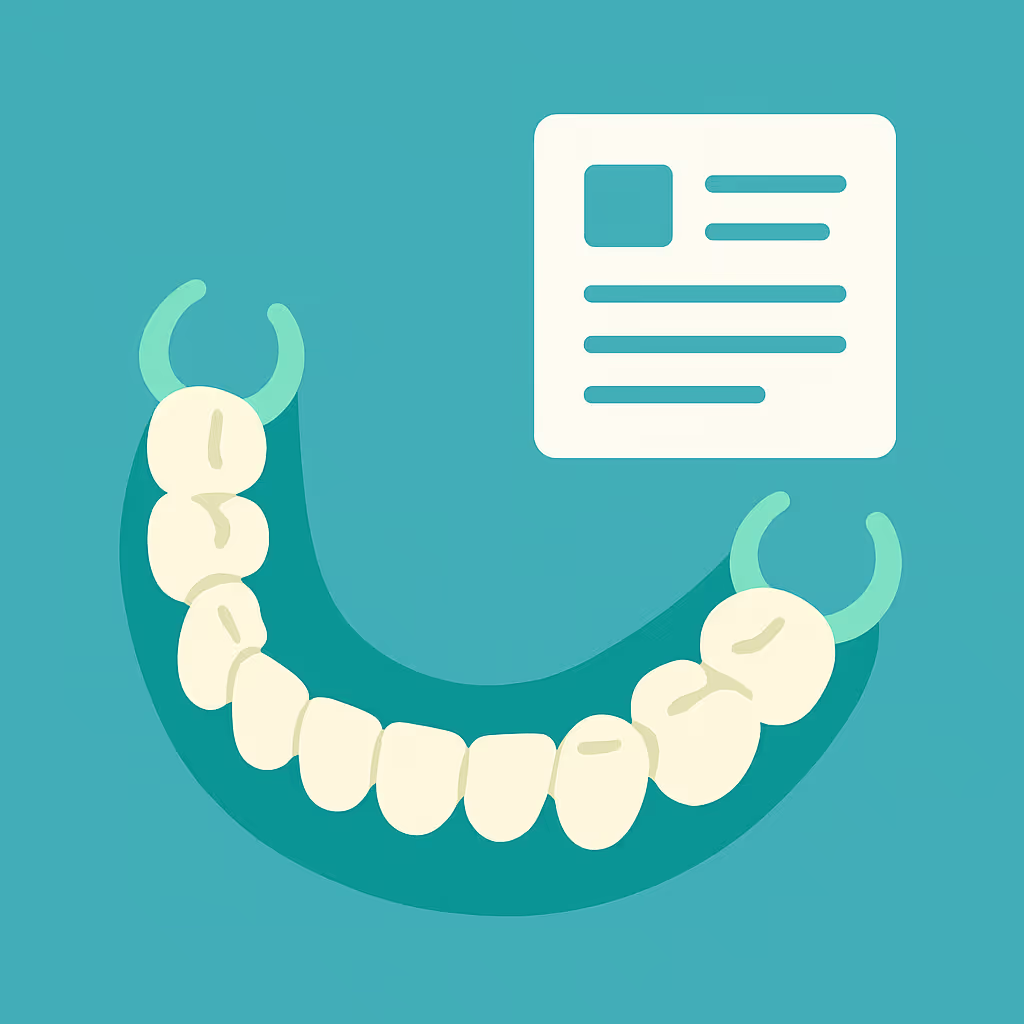Understanding Dental Code D1310
When to Use D1310 dental code
The D1310 dental code is designated for nutritional counseling for the control of dental disease. This CDT code should be used when a dental provider delivers targeted dietary guidance to a patient with the goal of preventing or managing oral diseases such as caries, periodontal disease, or erosion. It is not intended for general nutrition advice, but rather for counseling that directly addresses oral health concerns. Appropriate use cases include patients with high caries risk, rampant decay, or those with medical conditions impacting oral health, such as diabetes.
Documentation and Clinical Scenarios
Accurate documentation is essential for successful billing of D1310. The clinical note should clearly state the reason for counseling, the specific dietary risks identified, and the recommendations provided. For example, document the patient’s caries risk assessment, the discussion about reducing fermentable carbohydrate intake, and any handouts or follow-up plans. Common clinical scenarios include:
- Children with frequent snacking and early childhood caries
- Adults with recurrent decay due to high sugar beverage consumption
- Patients with xerostomia requiring dietary modification
Always include the patient’s consent and understanding of the counseling session in the record.
Insurance Billing Tips
Many dental plans consider D1310 an adjunctive, preventive service and may not cover it routinely. To maximize reimbursement potential:
- Verify coverage: Check eligibility and benefits before the appointment. Ask if nutritional counseling is a covered benefit and document the response in the patient’s file.
- Submit detailed narratives: When submitting a claim, include a narrative explaining the patient’s oral health risk factors, the counseling provided, and how it relates to dental disease prevention.
- Use supporting documentation: Attach risk assessments, dietary logs, or caries risk forms to strengthen your claim.
- Appeal denials: If the claim is denied, review the Explanation of Benefits (EOB) for the denial reason and submit a detailed appeal with additional clinical justification.
For patients with medical conditions impacting oral health, consider coordinating with their medical provider and documenting this collaboration, as it may support medical necessity.
Example Case for D1310
Case: A 12-year-old patient presents with multiple new carious lesions and a history of frequent soda consumption. The dentist performs a caries risk assessment, identifies dietary habits as a major risk factor, and provides a 15-minute counseling session focused on reducing sugary drinks and increasing water intake. The session is documented in detail, including the patient’s understanding and agreement to modify their diet. The claim for D1310 is submitted with a narrative and supporting risk assessment. If the claim is denied, the office follows up with an appeal, attaching additional documentation as needed.
This approach ensures compliance, supports reimbursement, and demonstrates the dental team’s commitment to comprehensive preventive care.





